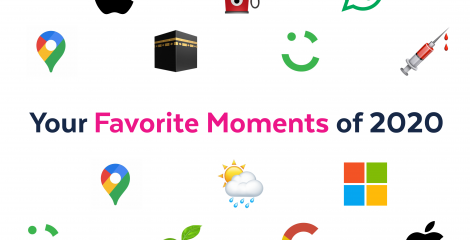One Dubai-based company is working on a solution that could help improve food and water security in the Middle East. Agri-tech company Dake Rechsand says it has developed breathable sand technology that can grow organic food in harsh arid environments.
Its ‘magic sand’ as it calls it can retain water for long periods while allowing for 360° ventilation. As a result, the sand can reduce water consumption by nearly 80% and remove the need to use chemical fertilizers. This makes it ideal for the region’s dry and desert environments.
Speaking to Arabian Business, Chandra Dake, founder and CEO of Dake Rechsand, said, “acute water scarcity, limited arable land and a generally arid climate in MENA are long-standing barriers to organic farming — which requires conformity to a range of criteria, including little to no chemical input.”
“However, breathable sand technology, will now unlock the potential for extensive organic farming, in the region. Dake Rechsand is keen to empower regional entrepreneurs seeking to carve out a stake in a highly lucrative global market, by leveraging the premium attracted by organic produce.”
In addition, Dake says Rechsand’s sand can help crops reach organic certification quicker than normal. “Since our proprietary magic sand is also devoid of organic material, produce grown using this medium will be eligible for an organic certification from the very first crop cycle, as opposed to the five years, that the process can typically take,” he added.
Dake Rechsand plans to work on enabling farming across 10,000 acres in the Emirates during the first half of 2021. That’s the equivalent of half a million trees in a country that is 80% desert.
Regional Food (In)Security
Food security in the Middle East and North Africa is a big issue. The region is home to some of the largest net food importers in the world, with most importing over half of the calories they consume. In fact, one expert estimates that Middle East food imports could double from $35 to $70 billion by 2035. Moreover, 12 of the world’s 17 most water-scarce countries are located in the region.
The situation has worsened during the global pandemic. The Global Network Against Food Crisis said in July that the pandemic could lead to 43 million people in the Middle East and Asia suffering from food insecurity.
As a result, Middle East states are focusing more on how to bolster their food and water independence. Sustainable farming alternatives like hydroponics have gained traction across the region because of their low water and pesticide usage. For example, in 2018 Crop One Holdings announced a partnership with the airline Emirates to build the world’s largest indoor vertical farm in Dubai.
For More Agri-Tech Coverage Check Out:
- Red Sea Farms Announces New Agritech Facility
- FreshSource Becomes the First Grow-NY Business Competition African Finalist
- Hydro Farms Raises Fresh Funds and Releases New Products
If you see something out of place or would like to contribute to this story, check out our Ethics and Policy section.














